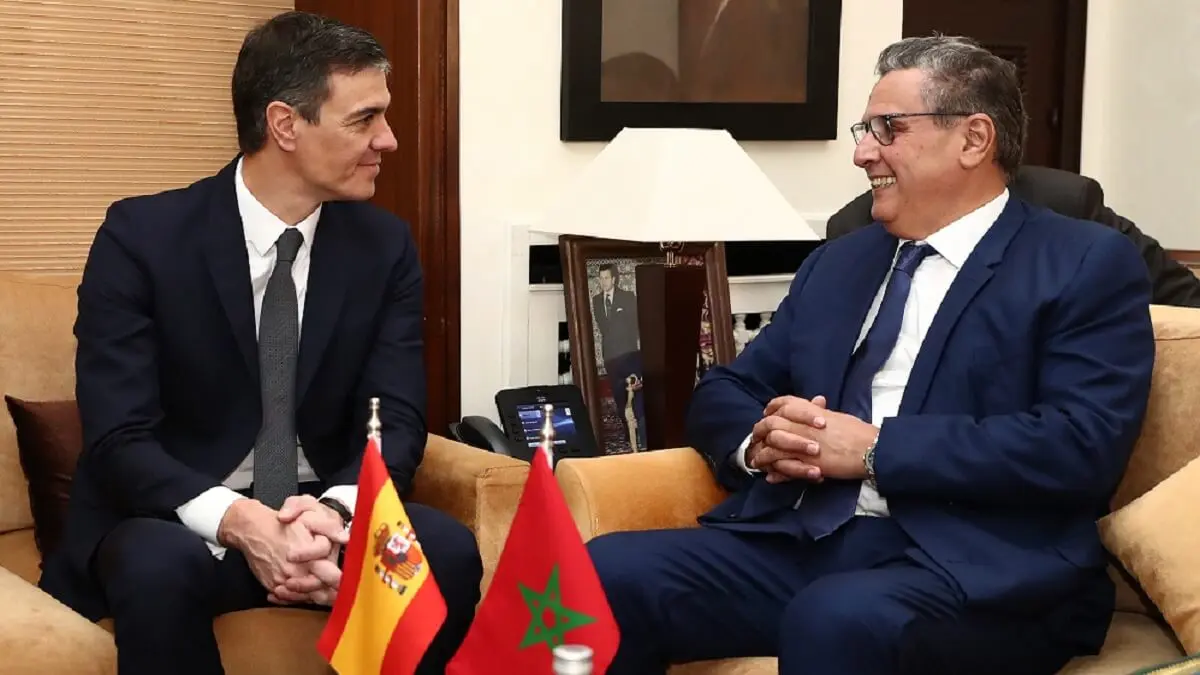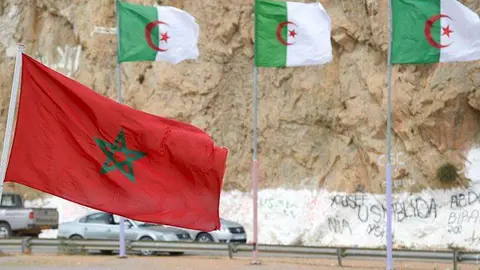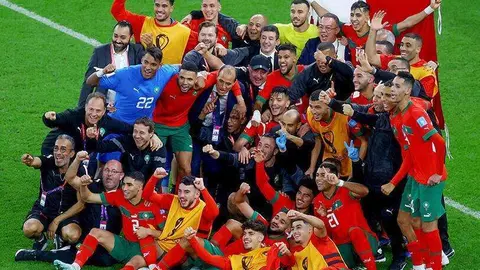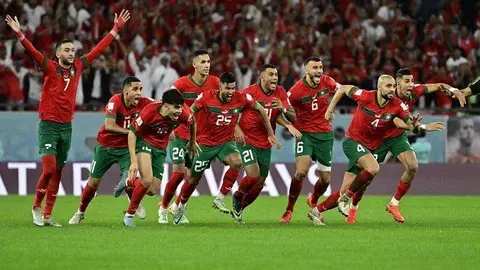Killing me softly

The only place where success comes before work is in the dictionary
V. Sasoon
In a previous article published in this newspaper on 9 December 2002, I pointed out that in the international arena, states have two possible ways of looking after their interests:
- Resorting to "hard power", i.e. their deterrent power, whether military or economic, to influence the regional and/or international scene.
- Through "soft power", a concept from the 1970s that has become an essential reference in the study of the strength of nations. This soft power is the sum of intangible capital made up of the actions of civil society, the media, renowned personalities in the fields of sport and culture, etc., which succeed in propelling a country onto the international stage.
If we apply this perspective to Morocco, it is indubitable that its relational strength, its shrewd and historical diplomacy, the international projection at the scientific, artistic and sporting level of a good number of its citizens, Muslims and Jews, as well as its millenary culture, are very interesting elements that make up its soft power and explain its efficiency.
The exploits of its national football team in the last World Cup are another link in this "soft power", reaching media and geopolitical heights of unsuspected benefit for its image on the international stage.
In fact, the prize was not long in coming: the organisation of the 2030 World Cup together with Spain and Portugal is the irrefutable proof of the value of this "soft power". There is no doubt that the organisation of this international event will translate into new "structuring" investments for the country and will have a very positive impact on its macro-economy throughout this decade.
Still from a geopolitical perspective, if the COVID crisis, the war between Russia and Ukraine, and the Israeli-Palestinian conflict with its hazardous implications for maritime transit in the Gulf of Aden and the Red Sea have made clear the vulnerability of the classic supply routes, everything presages that geopolitics will take precedence over economics and that the world will be organised into several smaller zones of influence, where there will be localisations and relocations with the aim of securing supplies.
Faced with such a geopolitical scenario, galloping inflation, economic recession, the resulting social unrest and the return of messianic and sovereigntist discourse, Spain and Morocco, despite the nonsense that is said about the reasons for the understanding between the leaders of the two countries, are anticipating what is coming, inspired by the Chinese wisdom that says that no opportunity is too good for a crisis.
Today, these excellent and pragmatic relations have made it possible to move forward with great confidence in the implementation of the project of the century, that of uniting the European and African continents.
This project is of paramount importance for the reasons mentioned above, as it will make it possible:
- Firstly, it will lay the foundations for a new area of economic interdependence in the Western Mediterranean that will bring production areas closer together without losing competitiveness, i.e. in terms of production costs.
- Secondly, to avoid the uncertainties of supply from Asian countries due to the perennial conflicts in the Gulf of Aden and the Red Sea.
- Third: physically linking the European and African continents, which, in addition to considerably boosting trade and economic exchanges between Europe and Africa, would help the Spanish economy to take advantage of the opportunities offered by Morocco's historically privileged relationship with a considerable number of African countries.
- And fourth: linking this economic axis with the "Atlantic Initiative" launched by Morocco this year, which enjoys the support of the Sahel countries, Spain, all the countries of the Gulf Council, France, the United States and Germany. The mega-port of Dakhla is set to be a key platform for achieving this objective.
The interest in this mega-project is such that not a day goes by without the international press reporting on the serious progress of the studies and the willingness of major companies (including several Spanish ones) to invest in this civil engineering jewel.
The famous American poet John Berryman said that "We must always travel in the direction of our fear", and I can find no better phrase to sum up the history of Spanish-Moroccan relations then and now.
The most important thing is the journey, and in this journey we are both getting better and better. An Arabic proverb says that you meet a friend in three situations: when you piss him off and see how he reacts, when he reacts to money and on the journey.
Yallah, let's go!




